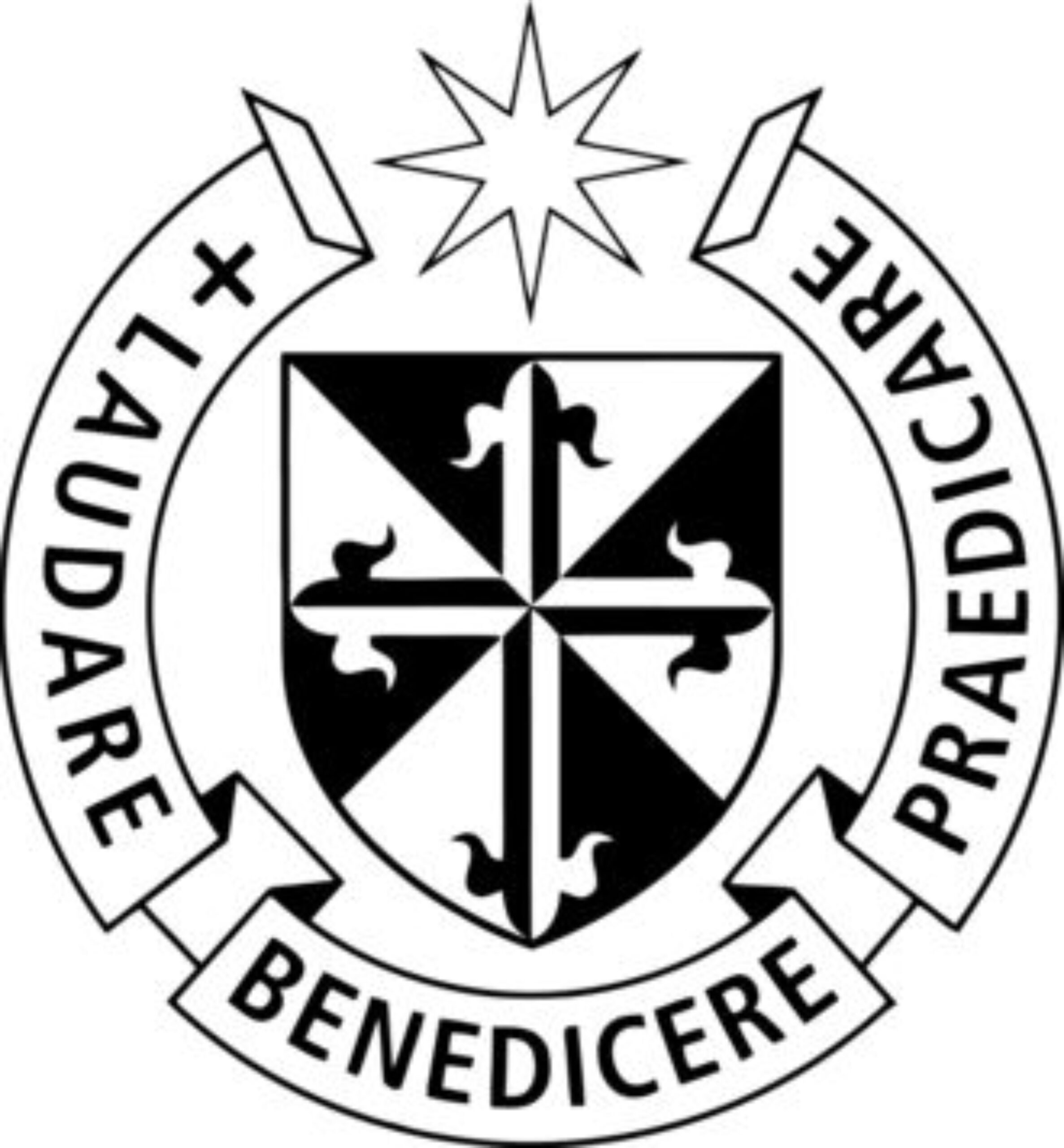About SDCH
The journey which the Home has made from its foundation in 1871 to this present time can be traced using the various watershed moments that have marked our nation’s history and that of the Dominican Sisters of St. Catherine of Siena, Etrepagny – the French Congregation that assumed responsibility for its management in 1876. For example, the 1960s with its Independence Movement and the Vatican II Council, followed by the Black Power Movement of the 1970s – these were watershed moments nationally and for the Church as dominant ideologies were deconstructed and national/cultural identities began to be forged. The Dominican Sisters were not untouched by these movements which resulted in our French Sisters passing the baton of local leadership to the Sisters of the Region. Sr. Gloria Marie Laurie was the first Trinidadian Sister to hold the position of Manager of SDCH – a post she assumed in 1963. More recently, circa 2000, a period of legislative reform dawned, driven by our government’s 1989 ratification of the Conventions on the Rights of the Child (the CRC). The period of reformation bore fruit, in 2015, with the proclamation of a suite of laws pertaining to the care, protection and rights of children. This included the Children’s Authority Act which led to the establishment of a Children’s Authority of Trinidad and Tobago (CATT) as the guardian of the nation’s children. This signalled a new dispensation within the now regulated Child Welfare system and created a friendly environment for the implementation, by SDCH, of a new practice model (the STEPERS Model1 ) that had emerged out of the organizational transformation exercise which began in 2008.
What we provide?
Continuum of Care
An integrated system of child welfare, ranging from the more intense, therapeutic, out-of-home services to restorative and developmental services and programmes aimed at reintegration into the family system and community.
Good Practice
In 2014, SDCH adopted the S.T.E.P.E.R.S model: A Strength-focused, Trauma-sensitive, eclectic practice model developed by the Home Manager, Sr. Arlene Greenidge through reflective practice, study and consultation.
Individualised Care
A Wholistic individual care plan (ICP) is developed for each child received into care at SDCH detailing the actions and interventions to be taken achieving the stated care and placement goals. The ICP is a living document and, as such, it is renewed every 6-9 months.
